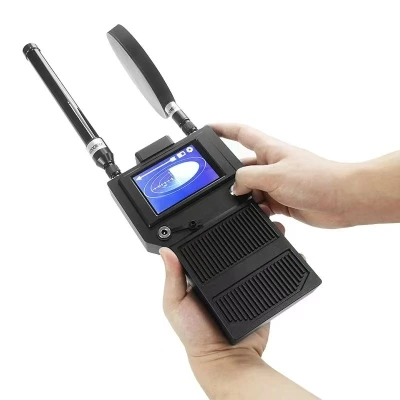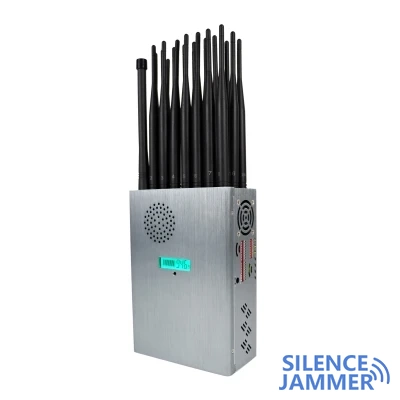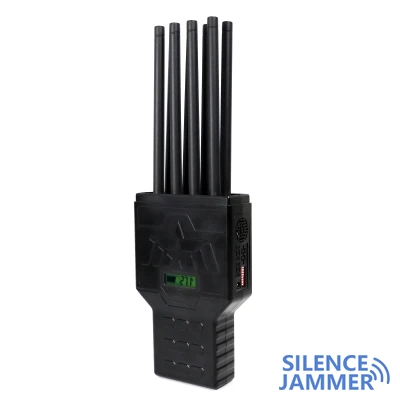
Deployment plan for new land-based jammers
The U.S. Space Force recently announced that it will deploy a new type of land-based signal jammer to prevent Chinese and Russian satellites from transmitting intelligence about the U.S. military in potential conflicts. The system was first tested at two different locations earlier this year, and the system was remotely controlled at a third location.
The U.S. side emphasized that these devices are not used to protect U.S. satellites from interference by other countries, but to interfere with the enemy's satellite communication capabilities within a responsible range to reduce the possibility of attacks by the enemy.
New land-based jammers enhance the U.S. military's satellite communication interference capabilities
According to a statement from the U.S. Space Force, some of the 24 "long-range modular terminal signal blocker jammers" will be deployed in the next few months, and all equipment is expected to be deployed by the end of this year. The specific location has not been disclosed. This move by the U.S. military is seen as a supplement to the existing anti-communication system. The U.S. Space Force said the new terminal further enhances the U.S. military's satellite communication jamming capabilities by providing decentralized, remotely controlled and mobile capabilities.

Admiral Stephen Whiting, commander of the U.S. Space Command, noted that China has hundreds of satellites in orbit designed to detect, locate, track and target the activities of the U.S. military and its allies, especially in the Indo-Pacific region. Whiting stressed that the United States and its allies must have the ability to prevent space attacks, but such prevention should try to avoid creating debris in space.
Controversy over defensive and offensive capabilities
To meet this challenge, the U.S. Space Force Rapid Capabilities Office developed the above-mentioned small terminal, which is operated by Northstrat in Virginia. U.S. officials said the weapons are "responsible" and will not destroy satellites, but will only temporarily disable them.
Nevertheless, Victoria Samson, chief director of space security and stability at the Secure World Foundation, believes that these weapons are not purely defensive, but offensive. She pointed out that although these weapons are "reversible, temporary, and non-escalatory," they are still among the very few open offensive counter-space capabilities of the United States.





